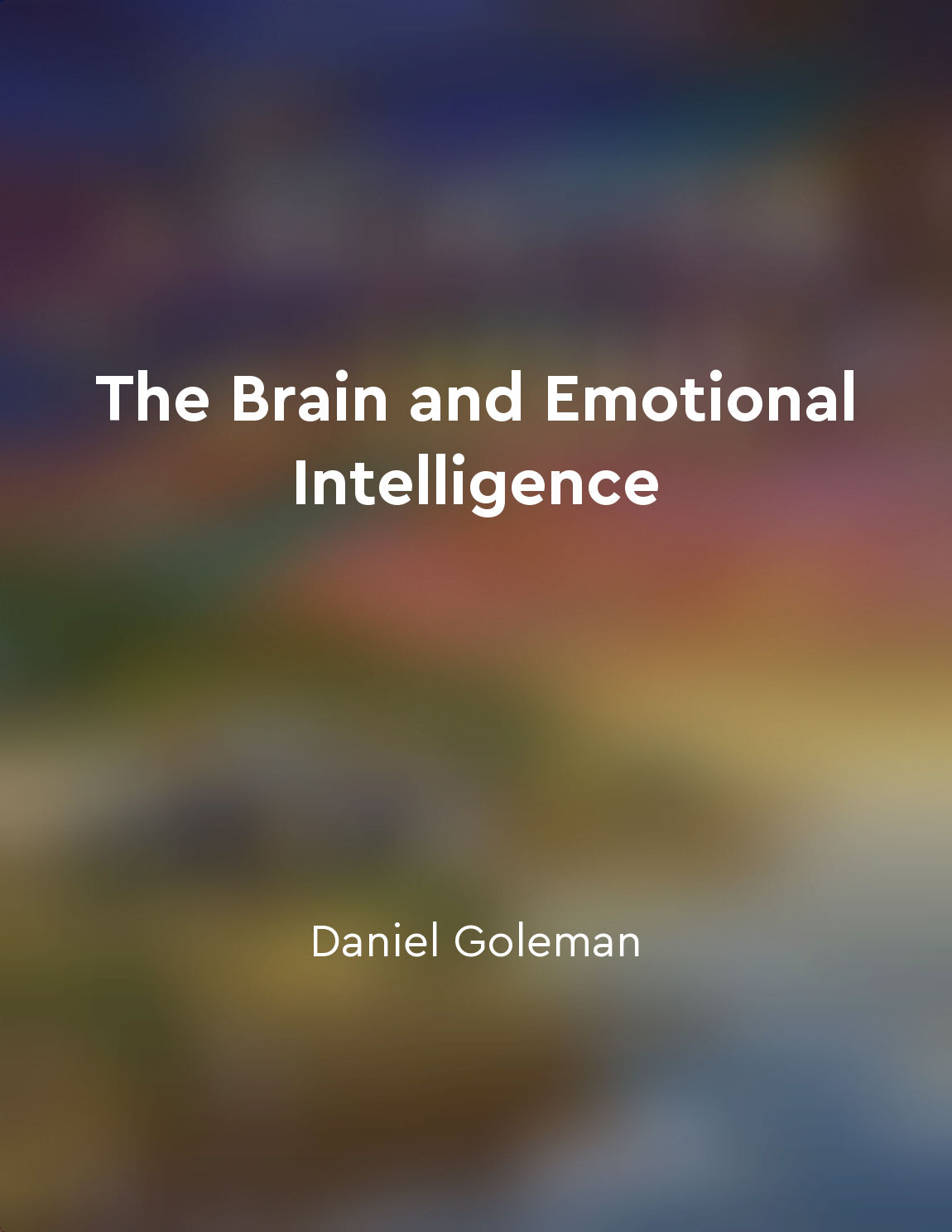The autonomic nervous system regulates involuntary functions from "summary" of Anatomy & Physiology by Kevin T. Patton
The autonomic nervous system is responsible for the regulation of involuntary functions within the body. These functions are those that occur automatically, without conscious effort or control. The autonomic nervous system operates behind the scenes, managing activities such as heart rate, digestion, and breathing without us having to think about them. One of the key features of the autonomic nervous system is its ability to respond rapidly to changes in the body's internal and external environment. For example, if you suddenly encounter a stressful situation, your heart rate may increase, your pupils may dilate, and your digestion may slow down - all in a matter of seconds. These responses are orchestrated by the autonomic nervous system to help your body adapt to the situation at hand. The autonomic nervous system is divided into two main branches: the sympathetic nervous system and the parasympathetic nervous system. The sympathetic nervous system is often referred to as the "fight or flight" system because it prepares the body for action in times of stress or danger. It increases heart rate, dilates airways, and releases adrenaline to boost energy levels. On the other hand, the parasympathetic nervous system is known as the "rest and digest" system. It works to conserve energy, slow down heart rate, and promote digestion and relaxation. Both branches of the autonomic nervous system work together in a delicate balance to maintain homeostasis within the body.- The autonomic nervous system plays a crucial role in keeping our bodies functioning smoothly without us even realizing it. Its ability to regulate involuntary functions ensures that we can go about our daily lives without having to constantly monitor every heartbeat or breath. It is truly a remarkable system that highlights the complexity and efficiency of the human body.
Similar Posts
Developing new skills can change brain structure
The brain is a highly dynamic organ that has the remarkable ability to change itself based on our thoughts, experiences, and ac...

Eating a variety of fruits and vegetables is important
Consuming a diverse range of fruits and vegetables is crucial for our health and well-being. These plant foods are packed with ...
Understanding emotions leads to selfmastery
Understanding emotions is essential for achieving self-mastery. Emotions are powerful forces that can influence our thoughts an...
Emotions are expressed through physical gestures
The body has a language of its own, a way of communicating that goes beyond words. Every movement, gesture, and posture conveys...
Emotional regulation is key to mental health
Emotional regulation is fundamental to our mental well-being. It plays a crucial role in shaping how we experience the world ar...

Selfawareness is the foundation of emotional intelligence
Self-awareness is the keystone of emotional intelligence. It is the ability to recognize our own emotions as they happen – in r...
Getting enough sleep is important for mental health
A good night's sleep is crucial for maintaining your mental well-being. When you are sleep-deprived, your brain doesn't functio...

We can learn to manage our emotions effectively
The ability to manage our emotions effectively is a skill that can be learned and developed over time. By becoming more aware o...
Brain generates mental images
The brain is a remarkable organ that is responsible for generating mental images. When we see, hear, smell, taste, or touch som...
Emotional responses can be triggered by past traumas
When something scary or overwhelming happens, like a car accident or a sudden loss, our brains can get stuck replaying the memo...


